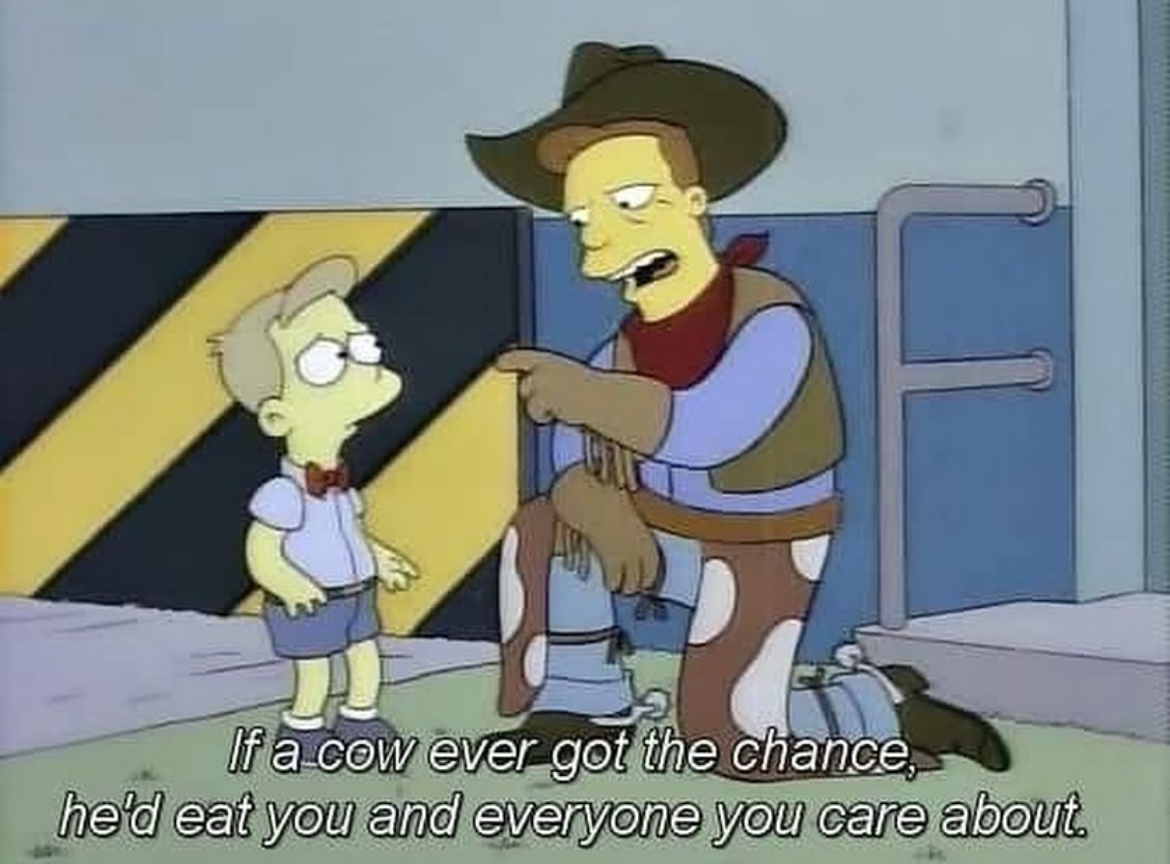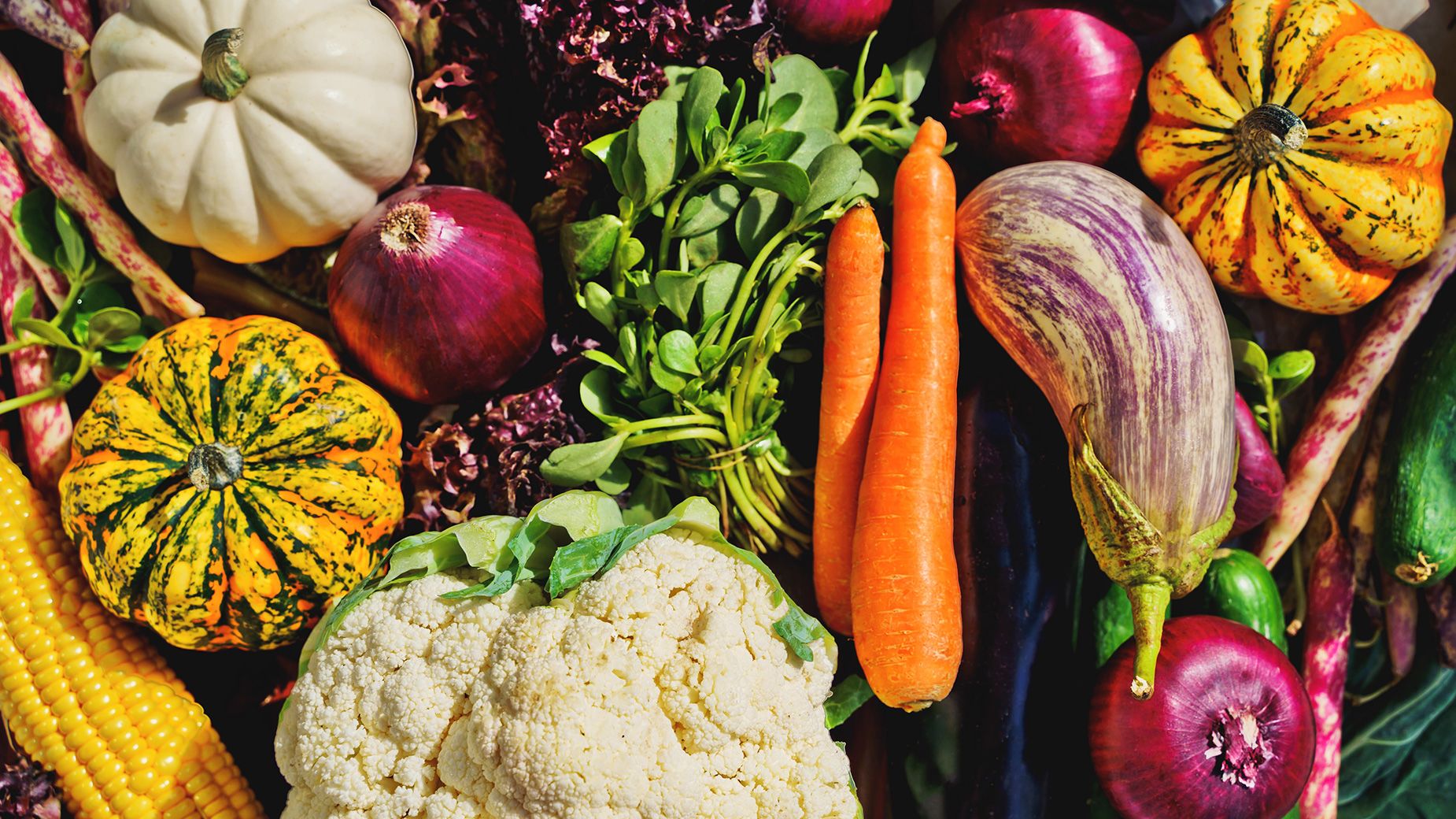The rumors are true: Vegetables aren’t real — that is, in botany, anyway.
While the term fruit is recognized botanically as anything that contains a seed or seeds, vegetable is actually a broad umbrella term for many types of edible plants.
You might think you know what carrots and beets are. Carrots, beets and other vegetables that grow in the ground are actually the true roots of plants. Lettuce and spinach are the leaves, while celery and asparagus are the stems, and greens such as broccoli, artichokes and cauliflowers are immature flowers, according to Steve Reiners, a professor of horticulture at Cornell University’s College of Agriculture and Life Sciences.
As for produce that grow from flowers, such as peppers and tomatoes, the hot-debated crops are botanically classified as fruits, Reiners added. Cucumbers, squash, eggplant and avocados are also classified as fruit due to their anatomy, according to the European Food Information Council.
Stop letting Neil Degrasse-Tyson write food articles.
Neil Degrasse-Tyson Foods


People using semantics to be pretentious is one of my biggest pet peeves.
wELl AckchYuAlLy, We COLLoquIAlLY usE ThIs WORD TO Mean “x”, but by DICtIOnARy deFinItIon, iT ACTUAllY mEAns “y”, I’m SO smart I BEt YOU didN’t KnOw tHat 🤓
The irony is that people think that this kind of pedantry makes them intelligent or, at the very least, someone with a neat, obscure fact up their sleeve, but being unable to understand basic and common uses of words because you’re so hung up on what a textbook says is the exact opposite of intelligence.
“Vegetable,” for the most part, is a culinary term, so bringing botany into the equation in a discussion about vegetables as food is just silliness.
And this is why pluto will always be my favorite planet
It’s as much of a planet as the moon is made of cheese

People using semantics to be pretentious is one of my biggest pet peeves.
Say no to anti-semantism on Hexbear.
Anti-semantic? But I condom hummus
Condom hummus sounds like something inmates would make in prison.
Sounds like something you’d need to see somebody to get a prescription cream to fix…
bringing botany into the equation in a discussion about vegetables as food is just silliness
There are valid uses
Like calling a watermelon a pepo
I call it water lemon, because that’s how my cousin described it when she was 2 years old, and I thought it was so funny that I kept doing it and now I can’t stop doing it send help.
but being unable to understand basic and common uses of words because you’re so hung up on what a textbook says is the exact opposite of intelligence.
Idk, I feel like being confused about inconsistent and weird meanings is reasonable. Obviously trying to be pedantic about the definition of a vegetable can be annoying but there are a lot of situations I’ve seen where people just blatantly fuck up the meaning of a word by using it in multiple ways that are conflicting
The point of my comment had zero to do with believing that concerns about definitions are unreasonable. In some instances, especially when the meaning of a word is ambiguous, clarifying definitions is valid, obviously. My point is that pedantry over definitions like what this article is doing over “vegetable” as a botanical term is pointless and an embodiment of people who think eschewing colloquial usages makes them some degree of enlightened. It doesn’t seem like you disagree with that. This kind of stuff misunderstands the nature of semantics, and that’s my problem with it.
Ok yeah
This article is about an interesting biological fact, I don’t think its about being pedantic.
Moms in shambles
…while babies and young children rising up like never before!
Annoying “um, actually” headline. ‘Real’ answer buried in the first sentence. Yeah, its journalism time.
I am once again asking people not to use botanical terms in culinary settings, and vice versa. Its fine the the food definition of vegetable is vague. Its fine that tomato is a vegetable, when talking about food, or a fruit if talking about plant science.
Also mushrooms are neither plants nor animals, but they’re culinary vegetables which is fine
Except there is a botanical definition of vegetable, it’s the bits of the plants that people consume
Also they called up a horticulturalist for the article quotes (who would be more likely to use the culinary definition of vegetable anyway)


 its so fucking joever
its so fucking joeverVega-table
Forget science, what is a fruit and vegetable is vibes only
Vegetable:
Broccoli
Carrots
Tomato
Avocado
Peppers
Cucumber
Squash
Eggplant
Fruits:
Apple
Mango
Oranges
Watermelon
Non binary:
Banana













